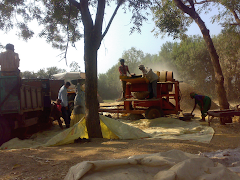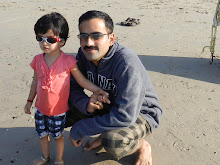o succeed as a Project Manager, you need to “watch your projects like a hawk”. This means tracking every aspect of your project to ensure you deliver on time. To help you do this, read these 5 tips:
How to Track Your Projects
It’s a tough challenge; juggling people, equipment, time, money and materials to complete your project on time. To do it successfully, you need to keep an eye on 5 key areas of your project...
1. Time and Cost
Put an hour aside every week to determine if you are likely to complete the project on time. To do this, identify any tasks that are running late and determine whether they are likely to delay the overall project. Then look for ways that you can save time by; finishing tasks earlier, delaying non-critical tasks to after the project has been completed, or gaining approval from your Sponsor to remove tasks altogether. You also need to review the total spend of the project to date against the original budget set. Identify ways to reduce costs by allocating cheaper resource, reducing the project scope, or boosting the efficiency of your team.
2. Resource Allocation
You need to keep a constant watch on the percentage of time that your team are allocated to tasks. If you have one person allocated to tasks 50% of their time and another 150% of their time, then you may not be working efficiently. Instead, balance workload fairly so that your team are kept busy 80-100% of their time, without being overloaded. If you intend to overload resource, then only do it for a short period of time, to avoid “burnout”.As you reallocate work among your resources, keep an eye on the overall resource level. It may be that everyone is under-allocated and you can take a person off the project, saving on cost. On the other hand, if everyone is over-allocated then you may need to quickly allocate more resources to the project as soon as possible.
3. Progress and Efficiency
You also need to track the progress and efficiency of your team. ‘Progress’ means the percentage of tasks completed to date. ‘Efficiency’ means the number of tasks completed on time. You need to track these items to ensure that you are progressing according to plan and that your team are working efficiently in completing tasks assigned to them. 4. Risks, Changes, Issues
Every project encounters risks, changes and issues at some point. It’s often impossible to prevent them from occurring, so the trick is to resolve them as quickly as possible when they do come up. Throughout the project life cycle, you need to watch them closely. For each item raised, set a ‘target resolution date’ and track these dates carefully to make sure that they are adhered to.5. Project Health
In addition to tracking the project at the micro level, you also need to stand back and take a look at the project from a helicopter level. You need to gain a clear view of the overall project health. You’ve already done most of the work by assessing the time, cost, resources, progress and efficiency of the project. By also taking a summarized view of the project each week, you can lead the project team towards success.- Uday Mahajan



No comments:
Post a Comment